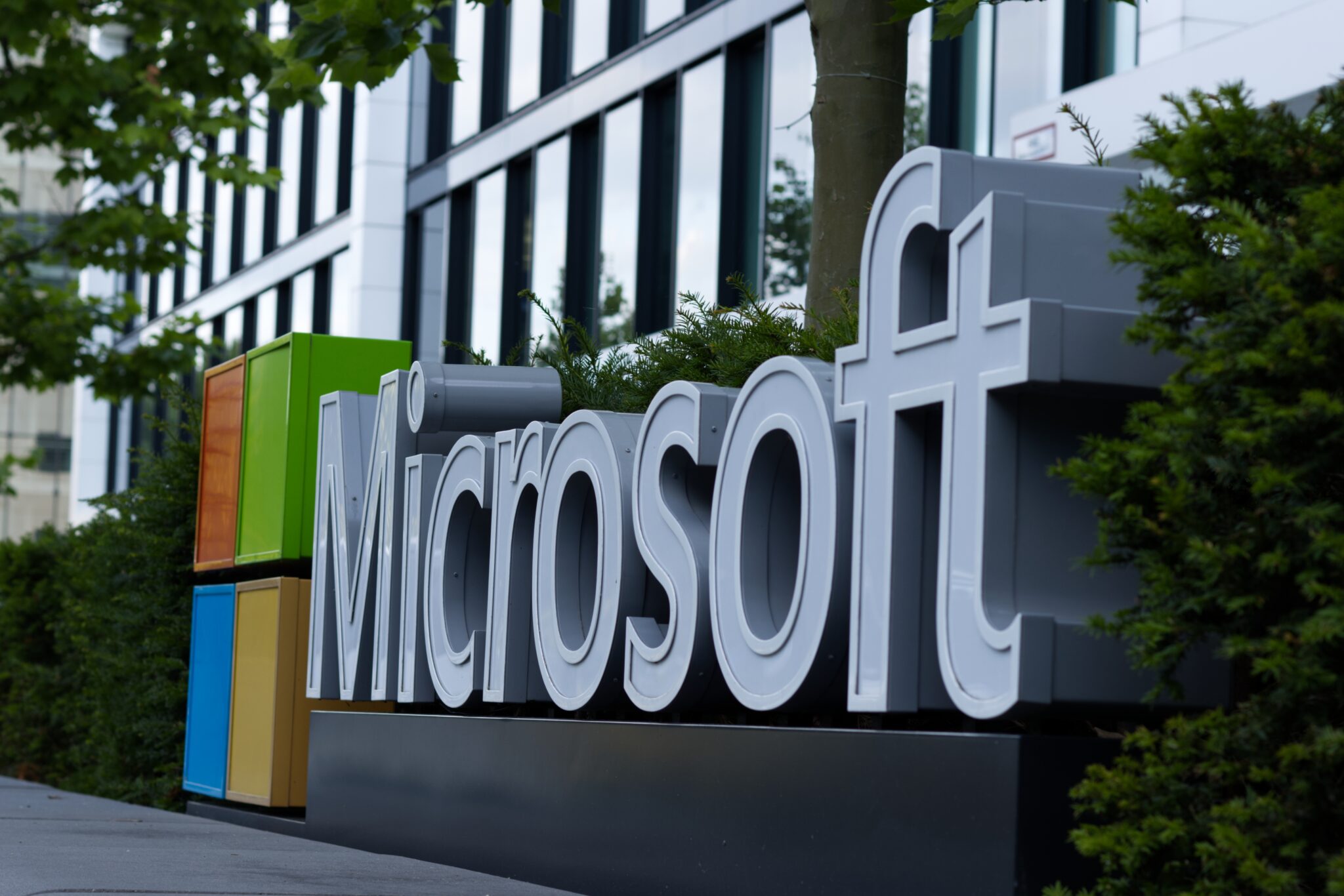Microsoft’s $4 Trillion Leap: AI’s Impact

Microsoft’s historic leap past a $4 trillion market cap underscores the sweeping power shift in the tech sector, as surging AI and cloud innovation collide with economic uncertainty.
Story Snapshot
- Microsoft joins Nvidia as only the second company to reach a $4 trillion valuation, driven by AI and cloud computing breakthroughs.
- The milestone comes as the Federal Reserve holds interest rates steady for the fifth consecutive meeting amid labor market weakness.
- Tech ETFs and retirement portfolios surge on Microsoft’s results, amplifying the economic and political stakes.
- Ongoing debate intensifies over tech dominance, market sustainability, and the Fed’s next move.
Microsoft Shatters Market Records as AI and Cloud Demand Soar
Microsoft officially crossed the $4 trillion market capitalization threshold on August 2, 2025, becoming only the second company in history—after Nvidia—to reach this mark. The milestone follows Microsoft’s blockbuster second-quarter results, which revealed 18% revenue growth to $76 billion and a 23% surge in net income to $34.3 billion, with its Azure cloud division alone posting a 34% year-over-year revenue increase. The financial results, hailed by CEO Satya Nadella as evidence of “innovation across the tech stack,” cement Microsoft’s role as a central pillar in the global technology economy. Investors have responded with enthusiasm, driving Microsoft’s stock up 26% year-to-date, far outpacing the Nasdaq Composite’s 9.5% gain.
Microsoft joins exclusive $4T market cap club after AI surge, joining only one other company https://t.co/WYBvEEDdMq
— FOX Business (@FoxBusiness) August 1, 2025
The company’s relentless investment in artificial intelligence, particularly generative AI, and the expansion of its Azure cloud platform have established it as a dominant force. Microsoft’s growth not only leads the tech sector but also raises the bar for competitors like Apple and Meta, prompting industry-wide innovation and, for some, concerns over increasing market concentration. The achievement comes as the tech sector continues to drive broader market gains in 2025, defying economic headwinds and regulatory scrutiny.
Watch: Microsoft Becomes Second Company Valued Over $4 Trillion
Federal Reserve Holds Rates as Economic Uncertainty Lingers
On July 30, 2025, the Federal Reserve kept its benchmark interest rate at 4.25%–4.5% for the fifth meeting in a row, citing “moderation in economic activity” and lingering inflationary pressures. However, a disappointing jobs report released on August 1 heightened expectations that the Fed will cut rates in September, a move advocated by dissenting governors Christopher Waller and Michelle Bowman. Waller warned that “private-sector payroll growth is near stall speed” and that “downside risks to the labor market have increased.” The Fed’s indecision reflects the broader tension between managing inflation and supporting growth—a balance that has profound implications for tech stocks, which are especially sensitive to interest rate changes.
Tech’s Growing Influence—Opportunities and Risks for American Families
Microsoft’s milestone is not just a financial story; it has real-world implications for American families, investors, and the broader economy. The surge in tech valuations has propelled retirement accounts and ETF holdings, delivering gains to millions of Americans. Yet, the increasing dominance of a handful of mega-cap tech firms also raises concerns about competition, regulation, and the future of free markets. Some experts, such as CFRA Research’s Angelo Zino, argue that Microsoft’s valuation is justified by strong fundamentals and ongoing innovation.
